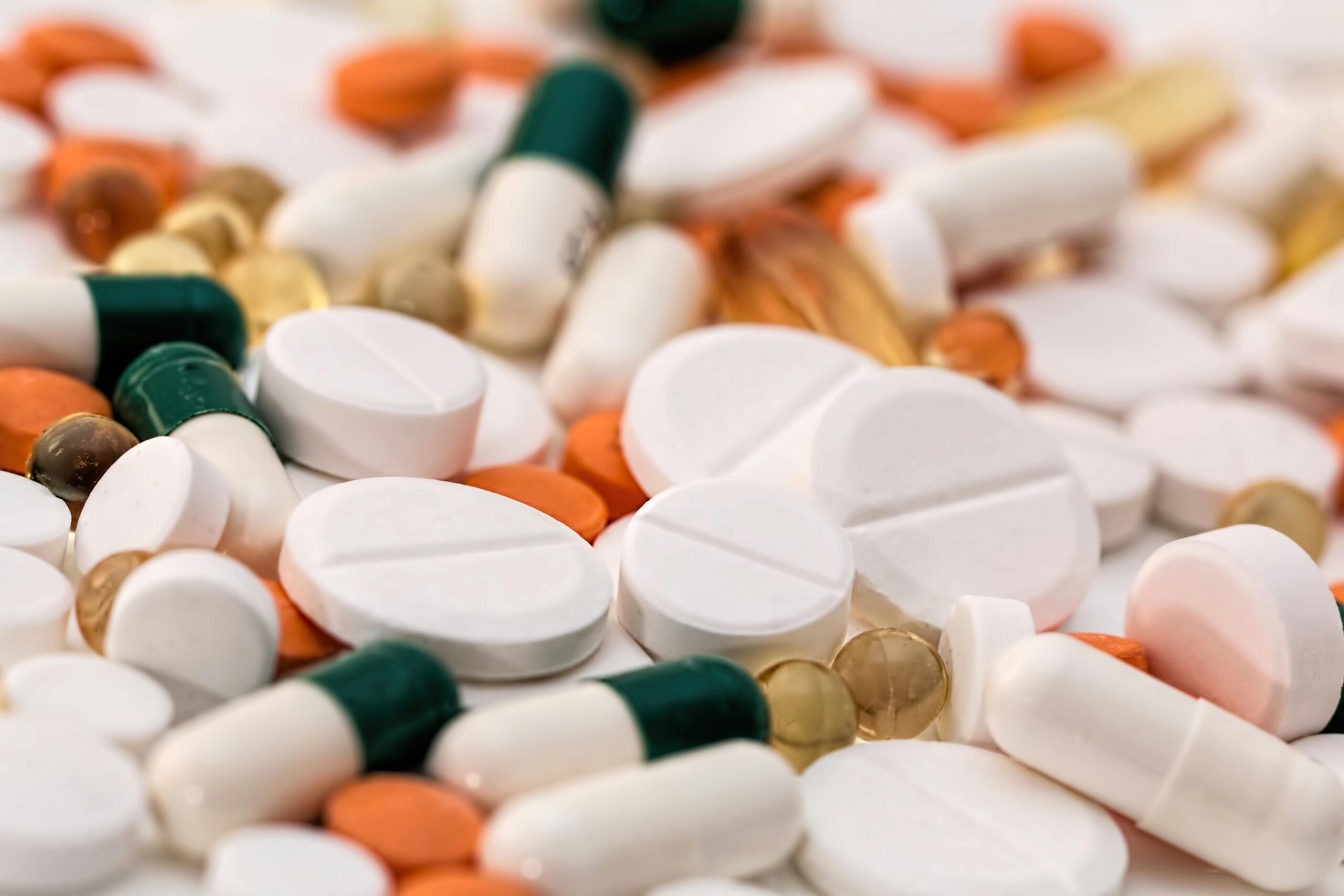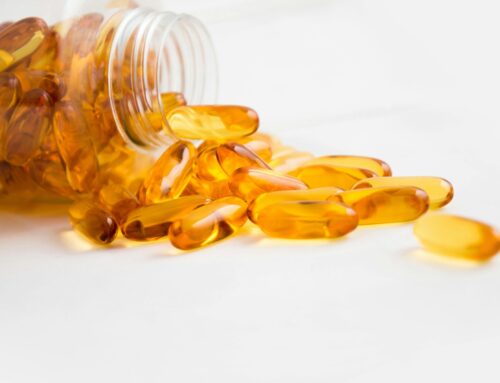GMP Certified Supplements
In the ever-expanding world of dietary supplements, terms like “natural,” “pure,” and “clinically tested” are everywhere. However, one label that usually stands out—at least for those who understand its weight—is GMP Certified. If you’re taking supplements or thinking about starting your own supplement line, understanding what GMP Certified supplements means could be the difference between knowing a product can be trusted and risking your or consumers’ health.
Let’s take a closer look at what GMP Certified supplements actually means, and why consumers and supplement brands should care about certification.
What Is GMP Certification?
GMP stands for Good Manufacturing Practices, which refers to a system of protocols that ensures products such as dietary supplements are produced consistently and controlled according to quality, safety, and hygiene standards.
A GMP-certified supplement is manufactured in a facility that follows strict quality control procedures for everything from raw ingredient sourcing to labeling, production, testing, and packaging.
These practices are outlined and enforced by various regulatory and independent bodies, including:
- The U.S. Food and Drug Administration (FDA)
- The World Health Organization (WHO)
- Third-party certifiers like the National Sanitation Foundation (NSF) International, United States Pharmacopeia (USP), and the Natural Products Association (NPA)
While GMP compliance is required by law in the United States (under 21 CFR Part 111), GMP certification is voluntary and indicates a higher level of commitment to product quality and consumer safety—providing customers with confidence in the product’s reliability.
What Does a GMP-Certified Facility Do?
A GMP-certified facility is more than a clean lab—it’s a carefully monitored production environment with strict rules for every step of the manufacturing process. These procedures include:
- Sanitary production environments to prevent contamination
- Proper ingredient sourcing and handling to ensure identity and potency
- Thorough testing of raw materials and finished products
- Detailed batch documentation for traceability
- Proper staff hygiene training and equipment maintenance
- Accurate labeling and packaging to avoid misleading claims or serving errors
Each of these steps is documented and regularly audited to ensure compliance, consistency, and accountability.
Why Choosing GMP Certified Supplements Ensures Safety and Quality
Unlike pharmaceutical drugs, dietary supplements are not subject to pre-market approval by the FDA. This means companies don’t have to prove that a supplement is authentic, effective, or even safe before selling it. This is where GMP certification comes in, as this classification is subject to the following standards:
- Ensures Quality Control: GMP certified supplements are manufactured using consistent procedures. This helps ensure every capsule or powder contains what the label says—no more, no less.
- Prevents Contamination: From pesticides and heavy metals to mold or bacteria, contamination is a real concern in poorly regulated facilities. GMP standards dramatically reduce that risk.
- Guarantees Proper Labeling: Mislabeled supplements can lead to ineffective outcomes—or worse, serious health consequences. GMP certified supplements must pass checks for accuracy in labeling, ingredient listing, and servings.
- Builds Consumer Trust: When consumers see “GMP Certified” on a product, it communicates integrity, accountability, and a higher standard. It’s an assurance that a company takes quality, efficiency, and safety seriously.
Are All Supplements GMP Certified?
The short answer is, no. The FDA requires private-label supplement manufacturers and white-label supplement companies to follow GMP standards, but it does not mandate independent certification; neither does the FDA inspect every supplement company. In fact, in a notable 2011 report, 73% of supplement manufacturers inspected were found to violate at least one GMP regulation.*
This hard truth highlights a major issue in the supplement industry—not all products are made under safe or consistent conditions, and consumers often have no way of knowing the difference. This issue also highlights the importance of understanding the difference between GMP Certification and GMP compliance.
Here’s a quick clarification:
| GMP Compliance | GMP Certification |
| FDA requirement for all supplements | Voluntary third-party audit and certification |
| Regulated under 21 CFR Part 111 | Validated by NSF, USP, NPA, etc. |
| May or may not be enforced | Often involves strict documentation and surprise audits |
In general, compliance is the law, but certification is a choice that speaks volumes about a company’s priorities.
GMP Certification vs. Third-Party Testing
Another facet of supplement manufacturing that often causes confusion is third-party testing, which is not the same as GMP certification. Third-party testing verifies the finished product’s quality by confirming that it contains the right ingredients, correct servings, and is free from contaminants. GMP Certification focuses on the manufacturing processes—ensuring that each step is performed in a clean, controlled, and standardized way. The ideal supplement manufacturing process should entail both GMP certification and third-party testing from reputable facilities.
What Does a GMP Certified Supplement Guarantee?
While GMP Certification doesn’t guarantee that a supplement will provide noticeable benefits for a particular health goal (e.g., weight loss, better sleep, improved immunity), it does guarantee several key factors:
- Quality Assurance – Meaning the supplement contains the ingredients listed on the label—no more, no less.
- Safety Standards – Ensures that the manufacturing process follows strict hygiene protocols to avoid contamination or cross-contact.
- Consistency – Guarantees that every batch of the supplement line is produced in the same way, under controlled conditions to maintain consistent potency and quality.
- Facility Integrity – Certifies that the production environment meets regulated standards for cleanliness, staff training, and equipment maintenance.
Why Supplement Developers and Consumers Should Care About GMP Certification
If you’re a supplement developer, offering GMP certified supplements speaks volumes about your brand and provides consumers with peace of mind. Here’s why certification matters:
- Consumers know they’re getting what they paid for—no fillers, no hidden ingredients.
- This process reduces the risk of taking contaminated or unsafe products.
- Certification supports companies that are committed to consumer health, not just profit.
- GMP Certification helps raise industry standards for supplement formulation.
Overall, GMP Certification exemplifies accountability.
In an industry where oversight can be inconsistent, GMP Certification serves as a powerful signal of trust. It doesn’t guarantee that a supplement will meet your specific health goals—but it does guarantee that what’s in the bottle matches what’s on the label and that it was made in a facility that puts safety first.
Whether you’re a consumer looking for safer options or a health product supplier aiming to earn trust in a competitive market, GMP certification is a mark of integrity that should not be ignored. GMP certified supplements should contain the following:
- The phrase “Manufactured in a GMP-Certified Facility”
- Logos from certifying organizations, such as NSF, USP, or NPA
- Transparent labeling with serving sizes, active ingredients, and lot numbers
If that information is missing or vague, consider it a red flag.
* US Government Accountability Office. Dietary Supplements—FDA May Have Opportunities to Expand Its Use of Reported Health Problems to Oversee Products. Washington, DC: US Government Accountability Office; 2013. pp.13-244.
Learn more here.






